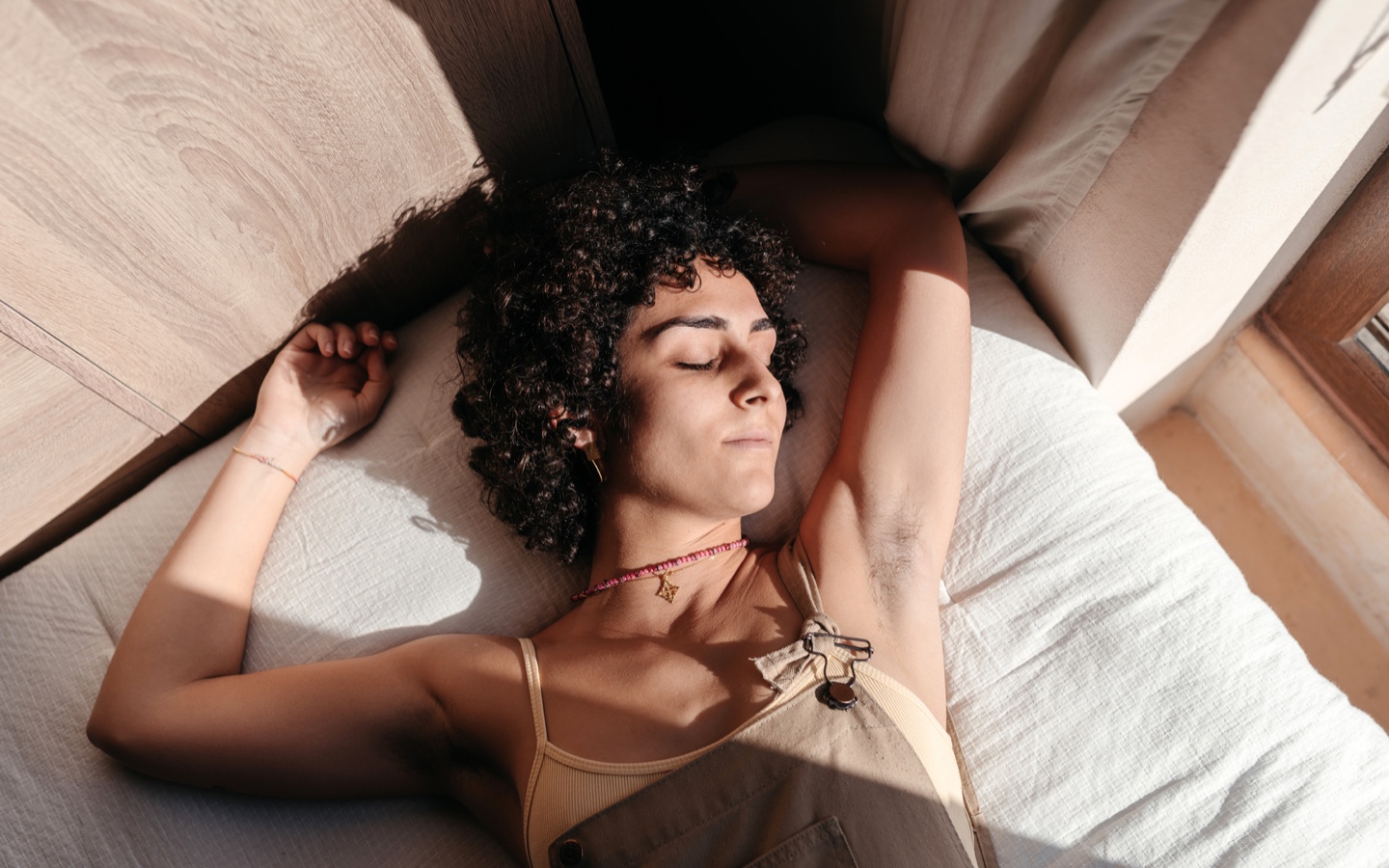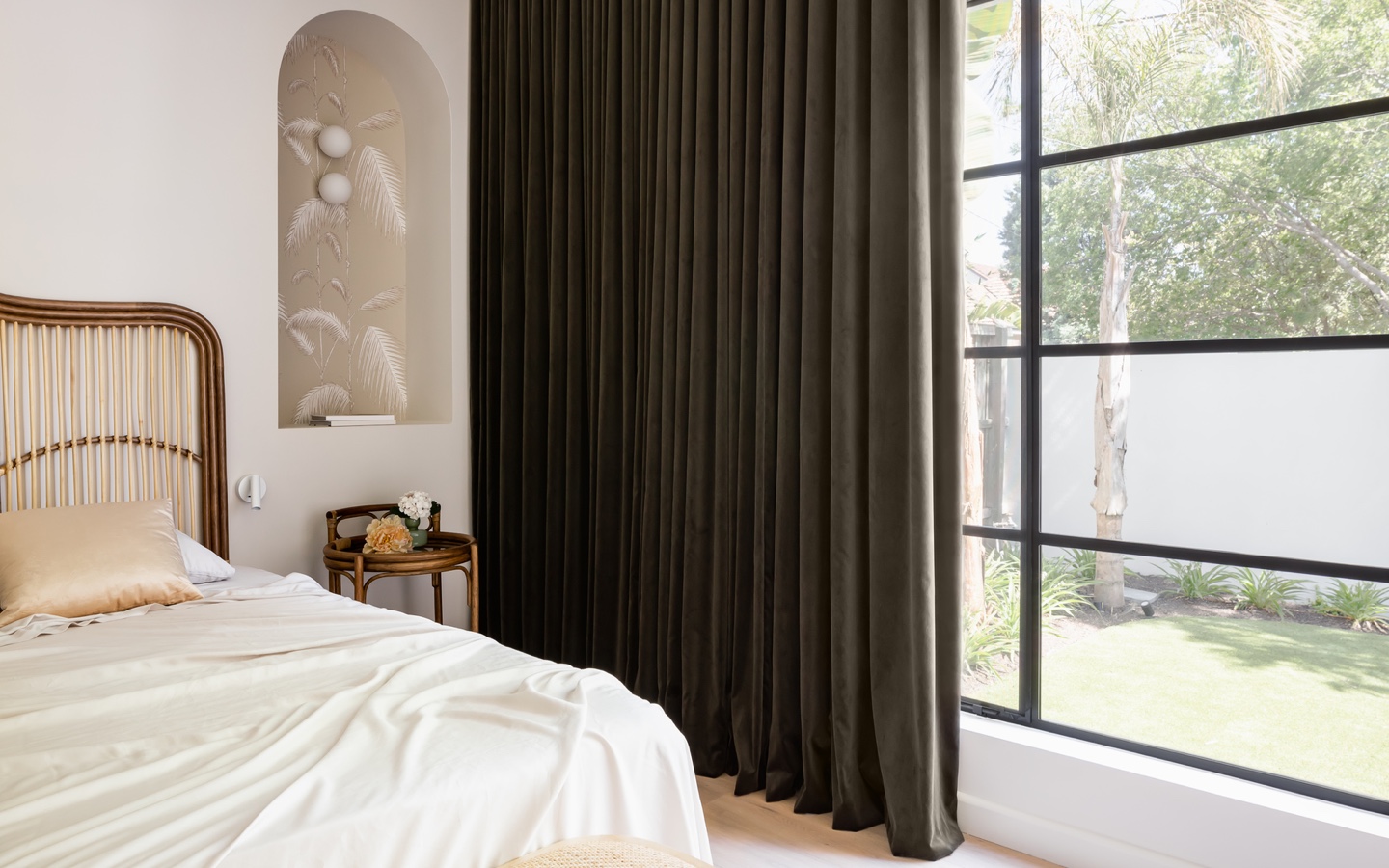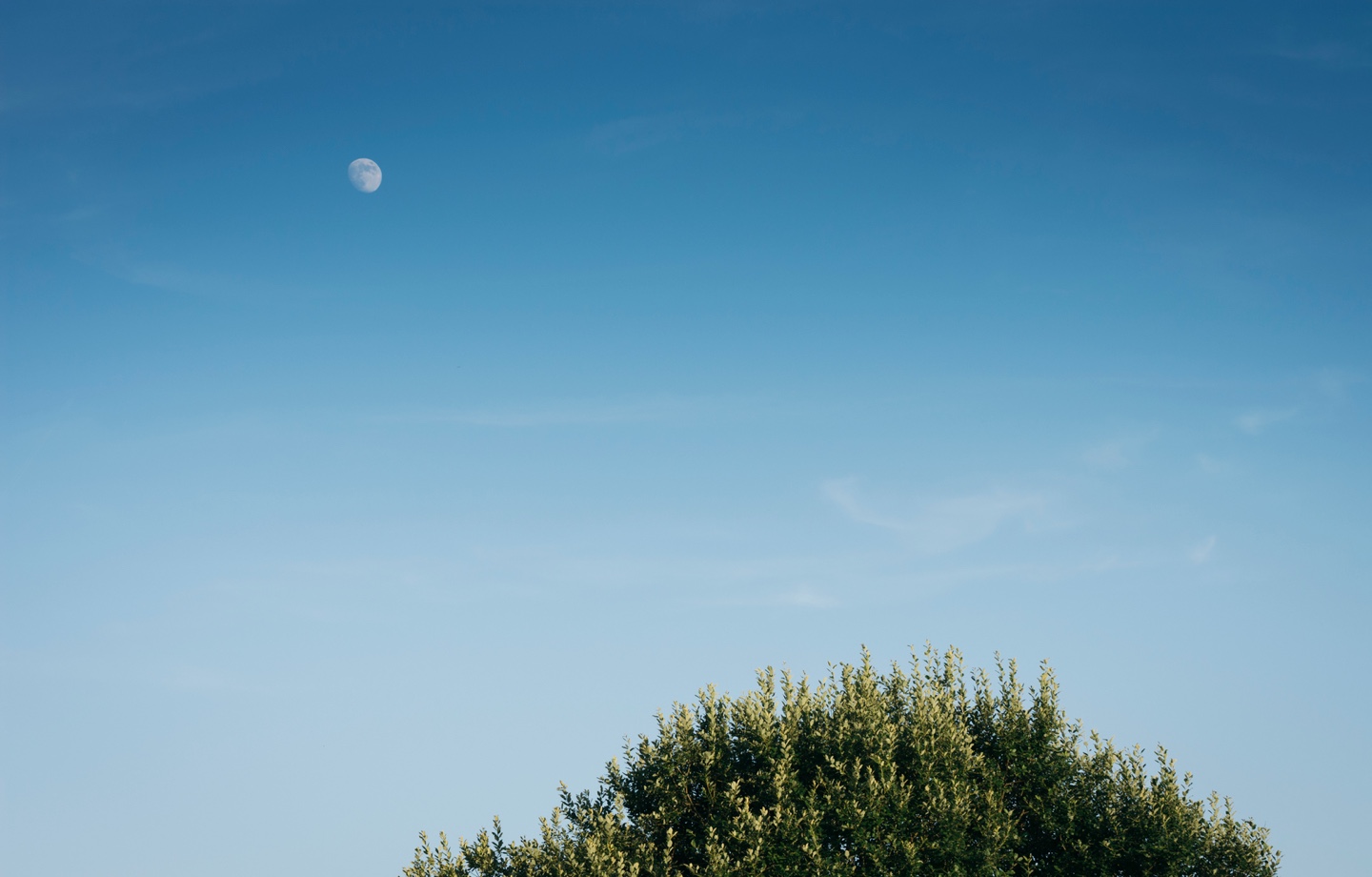Keeping your internal clock — or circadian rhythm — in sync is one of the best things you can do for your body and mind. Here’s why.
In The Night Girl Finds a Day Boy, one of the most popular essays from the New York Times’ Modern Love column, author Amanda Gefter writes about navigating life and love with delayed sleep phase syndrome. Most people follow circadian rhythms (internally driven cycles that rise and fall throughout the 24-hour day) that keep them awake during daylight. Gefter, a freelance physics writer, wakes up around 4 pm and goes to sleep around 8 am.
Optimal sleep hours vary depending on the individual — some people are naturally more alert and productive in the morning than in the evening. According to Matthew Walker, director of the Center for Human Sleep Science at the University of California at Berkeley and author of Why We Sleep, about 40 percent of the population are morning people and 30 percent are evening people, the rest of us land somewhere in between. The hours Gefter keeps may be outside the norm, but as the field of chronobiology rapidly advances, it’s become more widely accepted that not everyone’s clock operates the same way.
We do all require the same two types of input — light and genes — to reset on a 24-hour circadian clock each day. Our eyes capture changes in light and dark and send along signals to the brain, which then either releases melatonin, a hormone that makes us sleepy, or cortisol, which makes us more alert. As for how genes factor in, Walker writes that our circadian type is “hard-wired” by genetics, rather than by choice. (Gefter’s father and paternal grandmother lived similarly nocturnal lives).
There are also natural changes that occur through different life stages. For most adults, the circadian sleep phase tends to shift from later in adolescence to earlier as we age, which is why we see teenagers sleeping in until noon and older adults becoming increasingly early risers.

Read more: How Sleep Affects Metabolic Health
But It’s Not All About The REM
Our circadian rhythms are responsible for much more than just controlling our sleep-wake cycle. It impacts other facets of the body that run on a daily rhythm, from our cardiovascular and digestive systems to cognitive, metabolic, and immune functions.
When our internal time and environmental time are mismatched, it can have a ripple effect on our heart health, learning and memory, coping skills and problem-solving abilities, mental health, and emotional well-being. Researchers continue to find connections between circadian rhythm disruptions and chronic health issues as well, from increased risk of Type 2 diabetes and heart disease to cognitive decline and mood disorders like anxiety, depression, and seasonal affective disorder.
If you experience prolonged difficulties sleeping or extreme fatigue during the day, consider reaching out to your doctor.
Read more: When Is It Time For a Sleep Study?
How to Reset Your Circadian Rhythm
Circadian misalignment happens when there’s a discrepancy between what your body wants — whether that’s going to bed at 10 pm or 8 am — and what it gets. Disruptions can look like working night shifts, flying across time zones (when we have jet lag, the external environment is no longer synchronized with our internal clock), a health condition, stress, or not having a comfortable sleeping space. Seasonal changes in the length of daylight in the winter months can also affect our circadian rhythm.
Taking an intentional approach to your sleep cycle (and sticking to a routine) can make a big difference in getting back on track. Here are a few tips:
Spend time outdoors, even if it’s just 10 minutes a day.
Aim for daily movement. Doctors recommend 20 minutes or more of aerobic exercise.
Avoid taking naps late in the afternoon or evening. If you have to nap, early afternoon is ideal, when most people experience a natural circadian dip.
Create a relaxing sleeping environment. This includes soft lighting, the right mattress, and finding the optimal temperature for restful sleep.
Avoid these things at least an hour before bedtime: Screens, caffeine, alcohol, and nicotine.

Read more: How Food and Alcohol Affect Sleep
Time changes can also disrupt our biological clocks, for some more than others. The American Academy of Sleep Medicine notes that the effects of changing to daylight saving time will likely most affect those who enter the change with insufficient sleep.
But there are things you can do to prepare leading up to the transition between Standard Time and Daylight Savings Time:
Spend Time Outdoors
Since natural light drives our circadian rhythms, exposure to sunlight can alleviate the tiredness that often accompanies time changes. Spending time outside during the day will also suppress the production of melatonin and make you feel more alert.
Gradually Adjust Your Schedule
Wake up 15-20 minutes earlier than usual for two to three days before the transition to DST. On the Saturday before the time change, set your alarm clock back by an additional 15-20 minutes to help your body make an easier transition.

Read more: 5 Simple Ways to Adjust to Daylight Saving Time
Have feedback on our story? Email [email protected] to let us know what you think.

Shop Pillows
The Essential Organic Pillow Collection
Gentle, breathable, non-toxic support.





